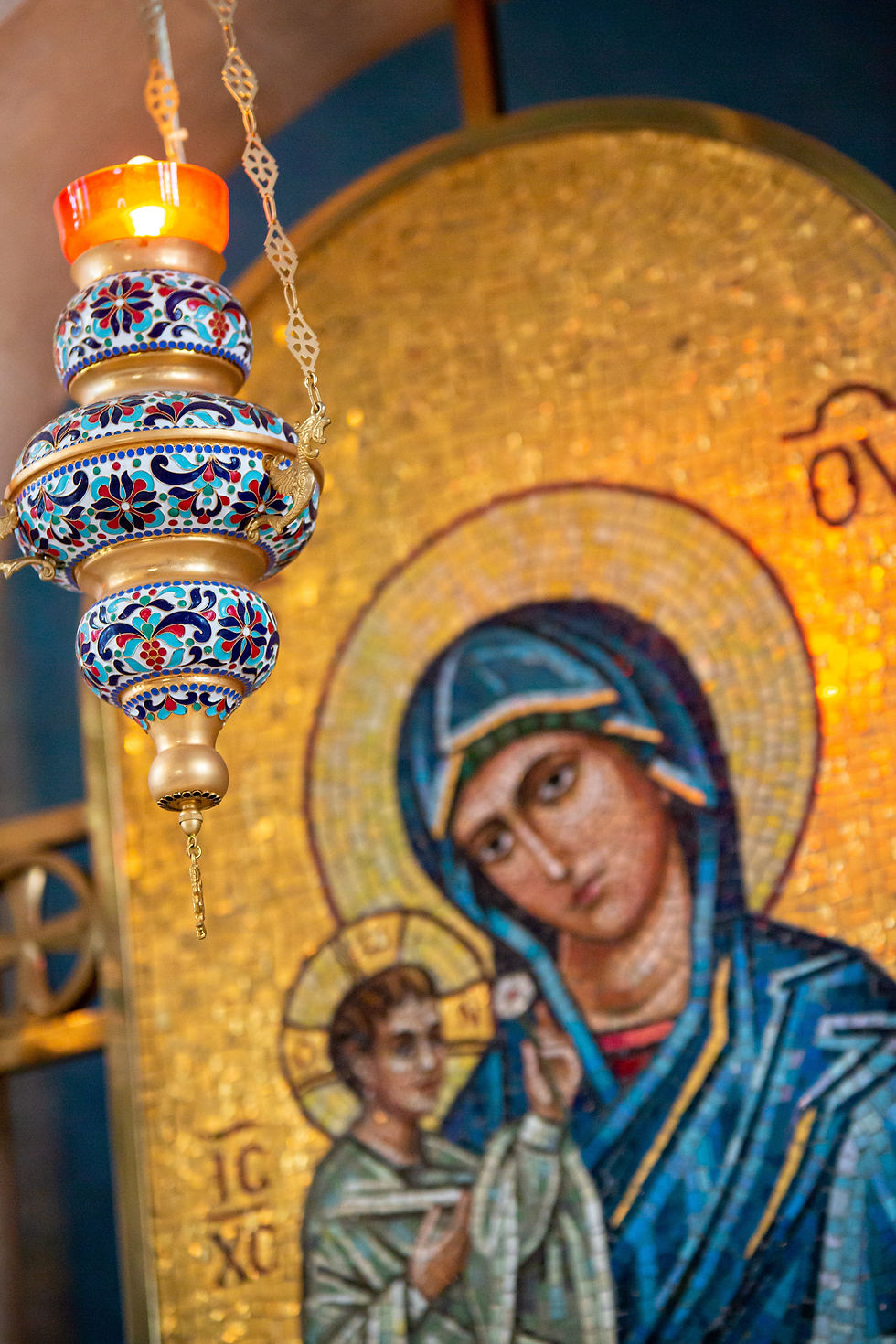On the Night Before He Died
- Catherine Sullivan

- Apr 6, 2023
- 2 min read

What would you do if you knew the end of your life was imminent? Who would you want to talk to, and what would you want to say? Listening to voicemails from 9/11 or thinking about the letters and videos people create after receiving a terminal diagnosis leads me to believe that we tend to save the best for last: even if we have spent a lifetime telling and showing someone that we love them, we want to say it one more time before we go.
On the night before he died, the Gospel of John tells us that Jesus was “fully aware that he had come from God and was returning to God.” Without getting caught up in speculation about exactly what “fully aware” means, I think it can be fruitful to reflect on Jesus’ careful choices of words and actions on the night that he knew would be his last.
In tonight’s readings, Jesus spends his final hours on Earth giving us two tremendous gifts: a call to action and the strength we will need to answer it.
First, in the Gospel reading, Jesus calls us to love one another a final time by modeling it himself. In a shocking act of humble service, he takes off his outer garment and moves to wash the feet of his disciples. In churches around the world today, priests will mimic Jesus’ actions as they bend to wash the feet of their parishioners. Just like Peter in the Gospel, those present at Holy Thursday Mass may feel uncomfortable with this radical display of love and service. But that call to radical love and service is at the heart of the Gospel and answering it with joy is a mark of the Christian.
It isn’t easy to answer this call. In many ways, it goes against our natural instincts for survival. Jesus knows this, and so tonight, in the second reading, he gives us a second gift: the gift of his very self under the form of bread and wine, which can sustain us physically and spiritually as we walk with him day by day into eternity. The Eucharist is not a symbol, it is really him, a true source of strength and grace for each stage of our spiritual journey.
God never asks us to do something without also giving us the help we will need to complete it. The Last Supper is a beautiful example of both God’s radical call to love and God’s faithfulness to us as we attempt to live it out.
On the night before he died, Jesus had one last chance to share the heart of his message with his disciples. He chose to model servant leadership, emphasizing our call to love one another as he has loved us. And he chose to provide a way to sustain and remain with us, especially since he knew what the future would bring.
Catherine Sullivan is a Catholic writer, reader, and teacher. She writes about the Catholic imagination in her monthly newsletter Wonder & Awe and on Instagram @catherinesullivanwrites.






Comments